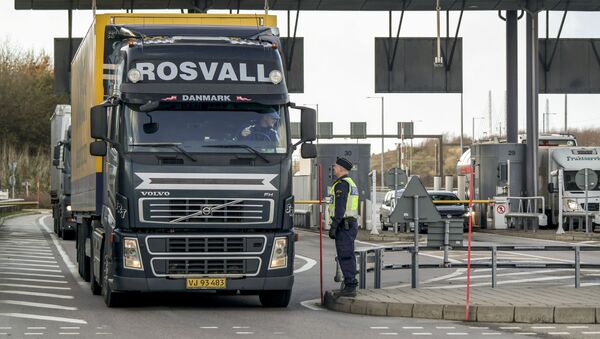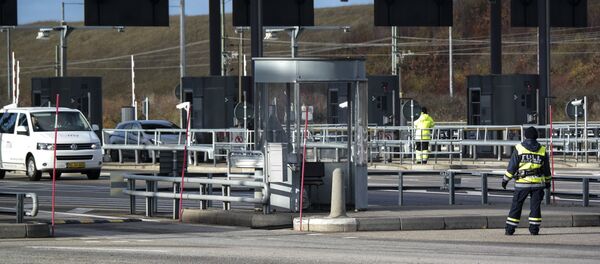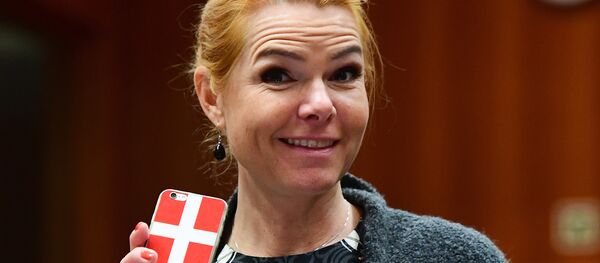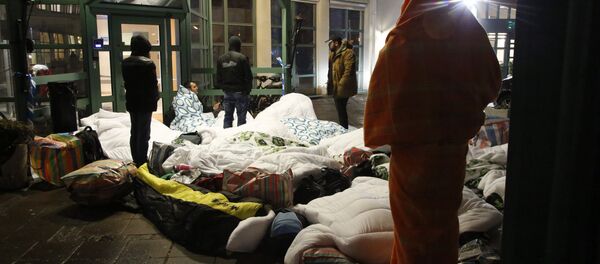Danish Prime Minister Lars Løkke Rasmussen said he was elated by Sweden's decision, claiming the checks had set back the whole of the Øresund region. The ID checks and border controls were previously reported to have affected jobs, trade, tourism and travel times in the transnational metropolitan area centered around the Swedish region of Skåne (of which Malmö is the capital) and the Danish region of Zealand (surrounding Copenhagen), where thousands of people commute daily across the Øresund connecting the two states.
"The checks have been a significant inconvenience for commuters and others travelers between Denmark and Sweden and have adversely affected the strong dynamic the region has had for decades. It has not been fun to experience it," Lars Løkke Rasmussen said in a statement.
"The ID checks have been erased! Now all refugees can reach Sweden's border for asylum. This is something the Green Party been fighting for," Green Youth wrote on Twitter.
ID-kontrollerna slopas! Nu kan alla flyktingar ta sig till svensk gräns för att söka asyl. Det här har Miljöpartiet slagits HÅRT för! pic.twitter.com/se8nYtejpz
— Grön Ungdom (@GronUngdom) 2 мая 2017 г.
The decision to scrap ID checks was criticized by, among others, the Conservative Party. Conservative integration spokesperson Elisabeth Svantesson called this decision "premature" and "ill-conceived" in a series of tweets. Conservative inmigration spokesman Johan Forsell called the abolition of border controls risky.
"We are in danger of repeating what happened in the fall of 2015 with every step the government takes in this direction," Johan Forsell told the Swedish national broadcaster SVT.
"The resources we possess today are not enough to maintain a close to 100 percent level of border control," the Head of the Border Police Patrik Engström told the Swedish daily Dagens Nyheter.
Last week, Sweden and Denmark engaged in a "blame game," commenting on escalating crime in the Øresund region. Many prominent Danish politicians, including Justice Minister Søren Pape Poulsen, blamed the "imported" crime wave on Sweden's lax immigration politics, which according to him resulted in the emergence of ethnic ghettos. This notion was echoed by Peter Kofod Poulsen of the Danish People's Party, who placed the responsibility on the recent Swedish governments.
"It's incredible that a well-functioning country such as Sweden has degenerated into what we are now witnessing," Peter Kofod Poulsen told the Danish newspaper Jydske Vestkysten. "There has been an explosion in crime and one can no longer deny that it is connected with Sweden's foreign policy," he said.
Sweden introduced border controls in November 2015, followed by ID checks in January 2016 on board trains, ferries and buses crossing the Øresund Strait. The measures were introduced amid a peak in the flow of illegal migrants from Denmark to Sweden.
Never miss a story again — sign up to our Telegram channel and we'll keep you up to speed!






